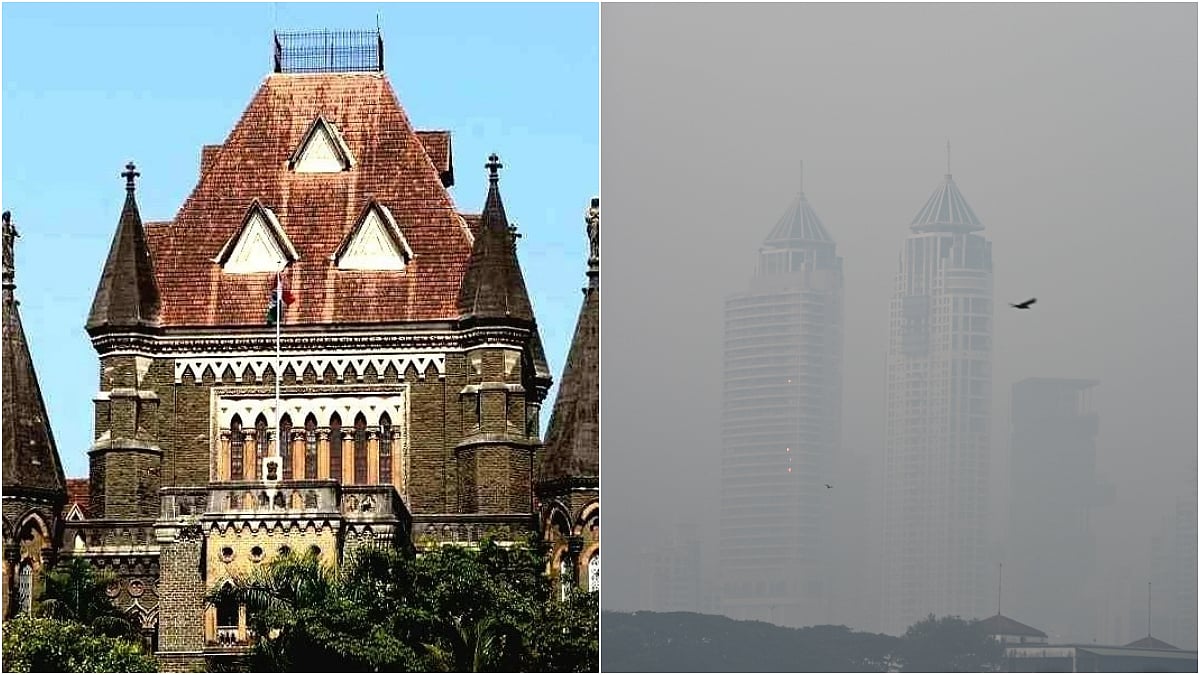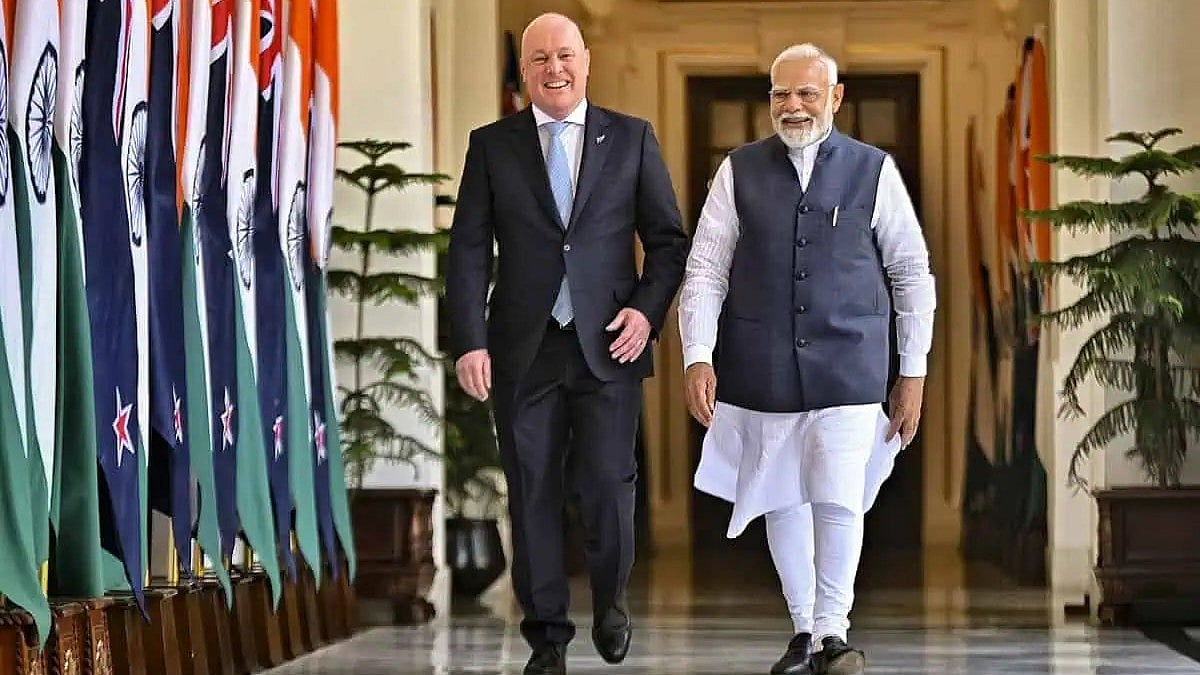The news that the government is planning to regulate the pricing of medical equipments like stents and implants would have undoubtedly cheered millions of Indians. While those who have already undergone surgeries which required any of the above would bemoan their bad luck, future patients will be happy that there is some control – and hopefully clarity – on pricing of these important items. The patient is more often than not completely in the dark about how much things actually cost and whether they are even required.
I myself saw this when a family elder was admitted to a big hospital with a broken hip. A replacement was suggested and a “package” was offered, that included not just the surgery but also the room and medicines. However, the implant was to be paid on “actuals”. The Indian version cost approximately Rs 25000, the imported one around Rs 60,000, we were told. Naturally we asked for the Indian one. We were then informed that the Indian one was not easily available. We can wait, was our response. After a couple of days, we were further told that the Indian one was not suitable because it was smaller than the foreign-made one. Now how are the patient’s relatives ever going to confirm that? We insisted and sure enough an Indian one was procured from Delhi and inserted.
The situation with stents is even more problematic. An Indian hospital will bill the patient up to Rs 1 lakh for a stent, while the same piece of equipment costs three times less in a European hospital! Even with duties, the imported stent comes into the country at roughly Rs 40,000—billing the patients Rs 1 lakh is nothing short of profiteering.
These are high profile and high profit items—down the line, for even routine items, the pricing mechanism of hospitals for various medical items is opaque and geared towards profit maximization. Doctors do give good care, but the entire system is so geared towards making money that patients have no choice. Insurance is not always the answer, because this does not stop high bills and the insurance company will only meet part of the expenses. In any case, as has been reported, over 70 percent of Indians do not have medical insurance. Which means, patients are left paying humungous bills at the end of a hospital stay.
There are always public hospitals, where the majority of Indians go. These are not often in the best conditions-crowded, often dirty and certainly without all the glamorous add-ons that private hospitals have. (I have seen hospitals with flower shops, restaurants and even, in one case, a beauty parlour)
But again, speaking from personal experience, the doctors in public hospitals are dedicated, hard working and committed in the most trying circumstances. KEM hospital in Mumbai is a good example of a hospital which serves the community—it has some of the finest doctors in the city and its nursing staff too is among the best. But, it is jam-packed and most people who can afford private care go to the bigger hospitals or smaller nursing homes. They know that they will have to pay an arm and a leg and they get the feeling that something is not altogether right, but in that vulnerable position, a patient’s relatives want the best possible care, that’s all.
What can the government do? Putting price controls on implants etc is a good start. There is a regulator for all kinds of sectors, including drug prices, but there is absolutely none for Medicare. The Indian Medical Association, which all doctors are members of, is not likely to look into this—if anything, many doctors feel it has become an upholder of private interests.
But can the government really go into the business practices of hospitals? Controlling costs of equipment will help, but the government can certainly not cap room charges, doctors’ fees and so many more things. The private sector thus, is left pretty much to itself to run things as it wants. There are complaints that many hospitals do not even take in poorer patients, as they are legally mandated to do so.
Doctors may feel aggrieved on reading this comment. In the past, the Indian Medical Association has protested against a Satyameva Jayate episode that focused on medical malpractices and recently the IMA also raised a ruckus about a school textbook in Gujarat that talked about profiteering by doctors.
But they shouldn’t. This does not reflect on the skills or the sincerity of doctors but more about the high cost of Medicare in the country. Something has to be done to bring it under control. Patients are not a united lot and there has been no organized protest against profiteering, but everyone who has dealt with hospitals knows how the system operates. People have horror stories to tell about their experiences and the bills they end up paying. In the absence of pressure from below, i.e. the citizens, the pressure will come from above, i.e. the government, which has to take up the cause of the hapless patient. The plan to control prices of stents, implants etc is just that, a plan at this stage, but sooner or later the government will have to act and ensure that the patient is not taken for a ride.









